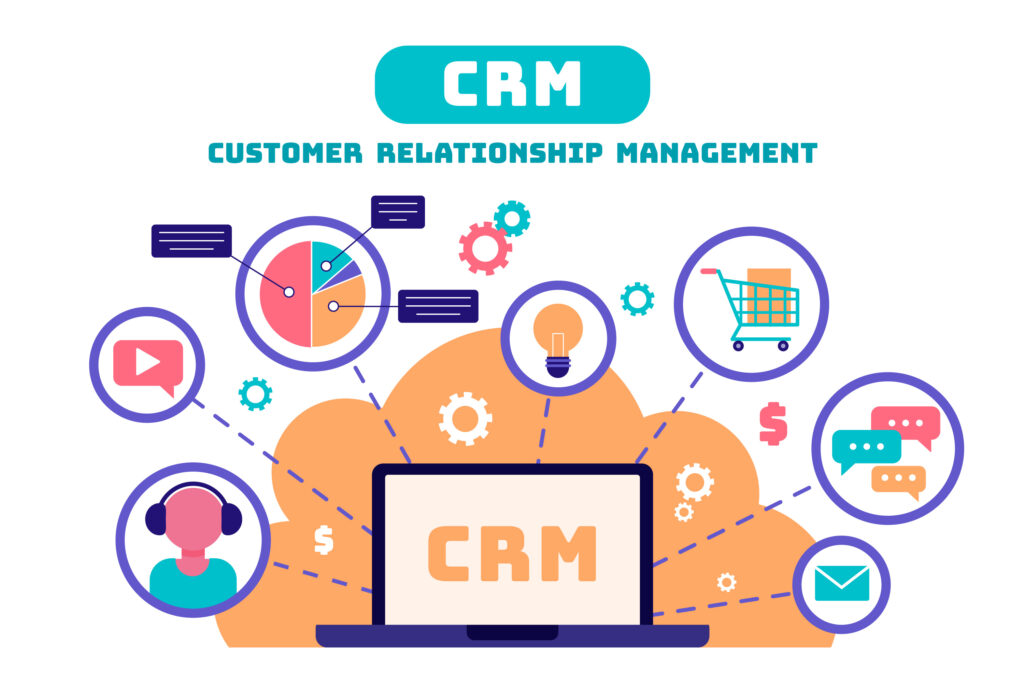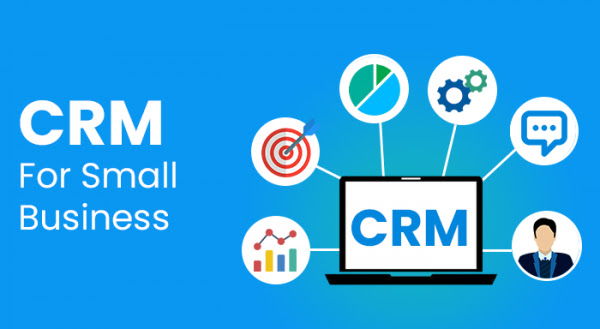Physical Address
304 North Cardinal St.
Dorchester Center, MA 02124
Physical Address
304 North Cardinal St.
Dorchester Center, MA 02124


in this article we showing you The Importance of Having a CRM for Your Small Business . One of the most effective tools for managing customer relationships and streamlining business operations is a Customer Relationship Management (CRM) system. While large corporations have long utilized CRM systems to maintain customer relationships and enhance their operations, small businesses can also reap significant benefits from adopting this technology. Here’s a comprehensive look at why having a CRM is crucial for small businesses and how it can drive growth, efficiency, and success.
A Customer Relationship Management (CRM) system is a software tool designed to help businesses manage interactions with customers, streamline processes, and improve profitability. It centralizes customer information, tracks interactions, and automates various tasks, making it easier for businesses to maintain strong customer relationships and improve service delivery.
CRMs offer a range of features, including contact management, sales tracking, customer support, and analytics. By consolidating all customer data into one system, a CRM helps businesses gain a holistic view of their customers, enabling more personalized and efficient interactions.
At the core of any successful business is a strong relationship with its customers. A CRM system helps small businesses build and maintain these relationships by providing a 360-degree view of each customer’s interactions, preferences, and history. This comprehensive view allows businesses to:
Small businesses often struggle with managing sales and marketing efforts due to limited resources. A CRM system can significantly improve efficiency in these areas by:
Small businesses often juggle multiple tasks and processes, leading to inefficiencies and errors. A CRM system helps streamline operations by:
One of the most valuable aspects of a CRM system is its ability to provide data-driven insights. CRM systems offer various analytical tools and reporting features that help businesses:
Customer service is a critical component of business success. A CRM system enhances customer service by:
As small businesses grow, their needs and processes become more complex. A CRM system provides a scalable solution that can adapt to changing requirements. With features like customizable workflows, integration capabilities, and modular add-ons, CRMs can grow with the business and support new processes and functions as needed.
While some may view CRM systems as an added expense, they can be highly cost-effective in the long run. By improving efficiency, increasing sales, and enhancing customer satisfaction, CRMs deliver a strong return on investment. Many CRM providers offer affordable plans tailored to small businesses, ensuring that even budget-conscious companies can benefit from this powerful tool.
In a crowded marketplace, having a competitive edge is crucial. A CRM system provides small businesses with the tools and insights needed to outperform competitors. By leveraging customer data, optimizing sales and marketing efforts, and delivering exceptional service, businesses can differentiate themselves and build a loyal customer base.
Unlocking Efficiency: A Comprehensive Guide to CRM Systems for Small Businesses – Rearthis article to knowing more
Implementing a CRM system is a strategic investment that can drive significant benefits for small businesses. From enhancing customer relationships and improving sales efficiency to streamlining operations and providing valuable insights, CRMs offer a range of advantages that support business growth and success. As small businesses navigate the complexities of today’s market, a CRM system serves as a vital tool for managing customer interactions, optimizing processes, and achieving long-term goals. Embracing CRM technology not only enhances day-to-day operations but also positions small businesses for sustained success in a competitive landscape.